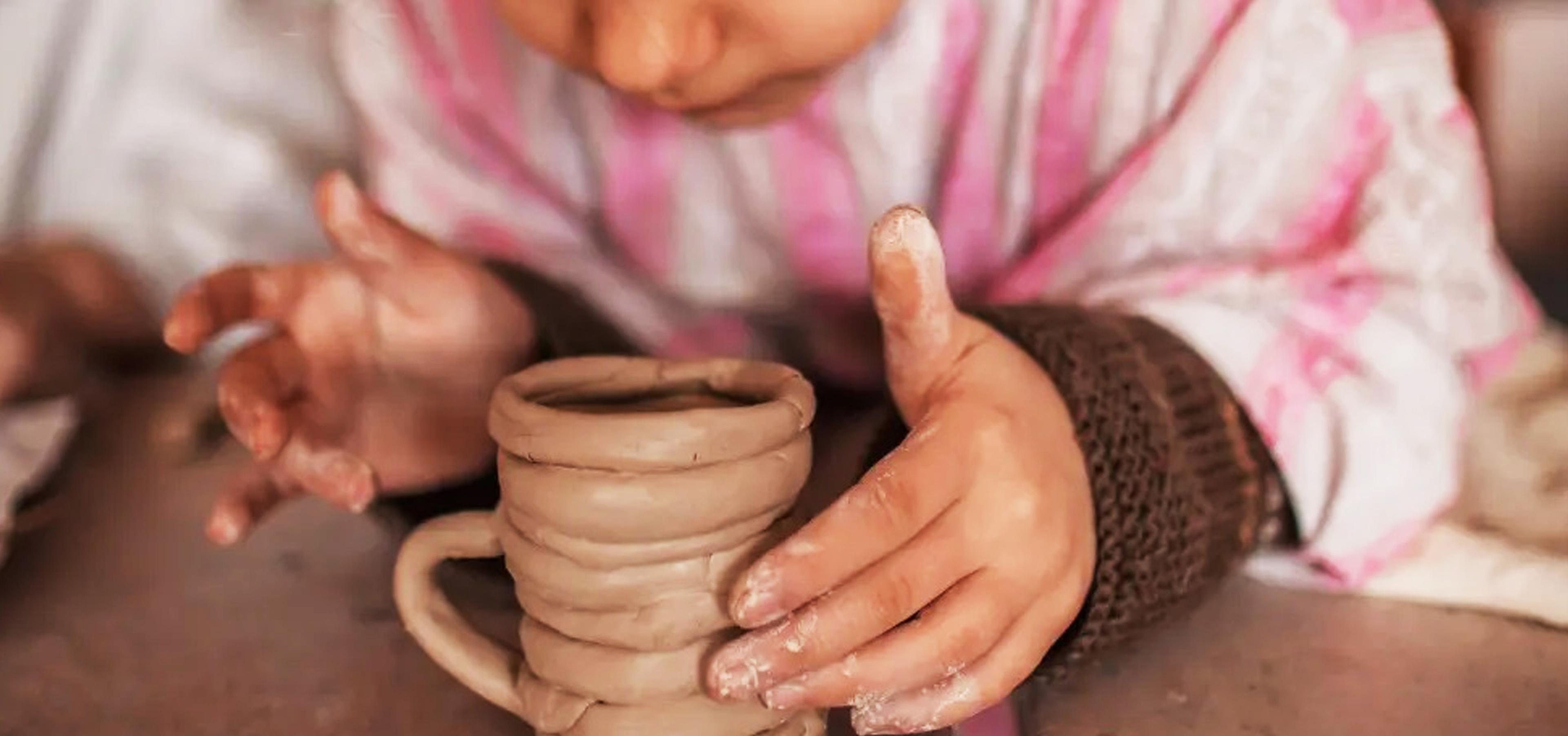Self-confidence is an essential aspect of a child's development. It helps them to feel secure and capable, to take risks and try new things, and to develop positive relationships with others. In the Montessori approach, there are several activities that parents and educators can do to help build a child's self-confidence. Here are some ideas to get you started.

Encourage Independence
In the Montessori approach, children are encouraged to be independent from a young age. This means allowing them to make choices and take responsibility for their actions. Simple tasks such as dressing themselves, preparing their own snack, or cleaning up after themselves can help children develop a sense of competence and self-reliance.
Provide Opportunities for Problem-Solving
Problem-solving is an important skill that helps children to feel capable and confident. Providing opportunities for children to solve problems independently, such as puzzles or building blocks, allows them to practise this skill. As they gain confidence in their ability to solve problems, they will feel more confident in other areas of their life.
Emphasise the Process, Not the Outcome
In the Montessori approach, the process of learning is emphasised over the outcome. This means that children are encouraged to focus on their efforts rather than the end result. By emphasising the process, children learn to enjoy the learning experience and feel proud of their accomplishments.
Encourage Creativity and Exploration
Creative activities, such as drawing, painting, or building, encourage children to explore their ideas and express themselves. When children are encouraged to be creative, they learn to trust their own ideas and abilities. This can help to build their self-confidence and sense of self-worth.
Provide Opportunities for Collaboration
Collaborative activities, such as group projects or games, provide opportunities for children to work together and learn from each other. When children are able to contribute to a group effort and see their ideas valued by others, they develop a sense of confidence and belonging.
Celebrate Efforts and Accomplishments
Finally, it's important to celebrate children's efforts and accomplishments. Acknowledging their hard work and successes can help them to feel proud of themselves and build their self-confidence. Whether it's a simple "good job" or a more elaborate celebration, taking the time to recognize a child's achievements can have a big impact on their self-esteem.
In conclusion, self-confidence is an important aspect of a child's development. By incorporating all the above said activities into their daily routines, parents and educators can help children to develop the self-confidence and sense of self-worth that will serve them well throughout their lives.

